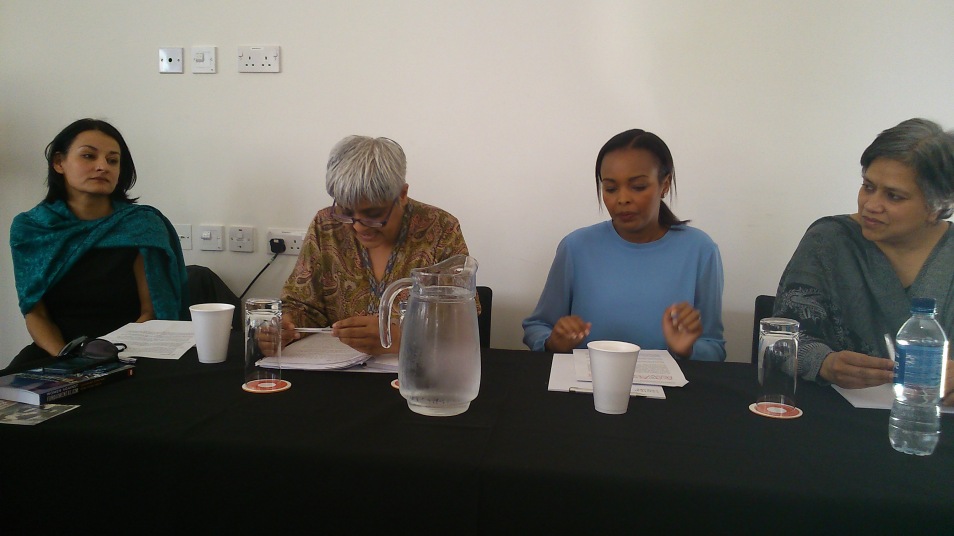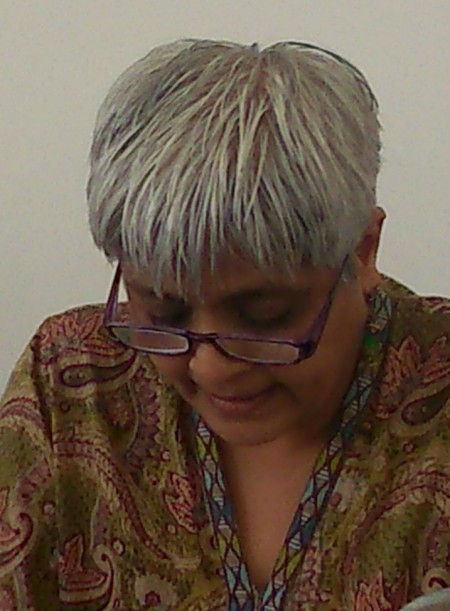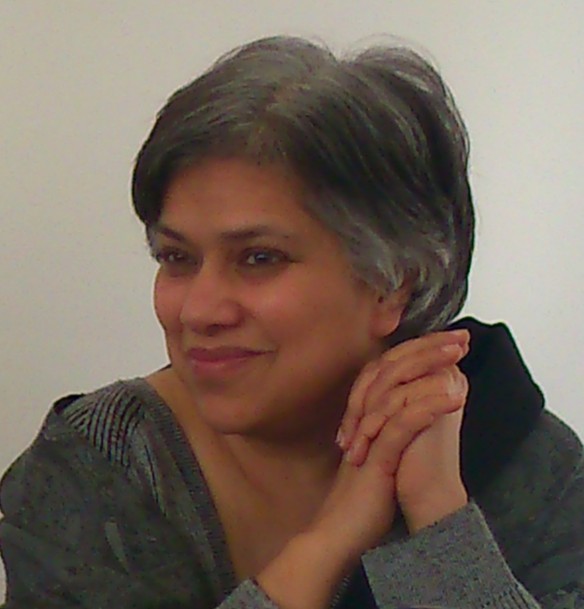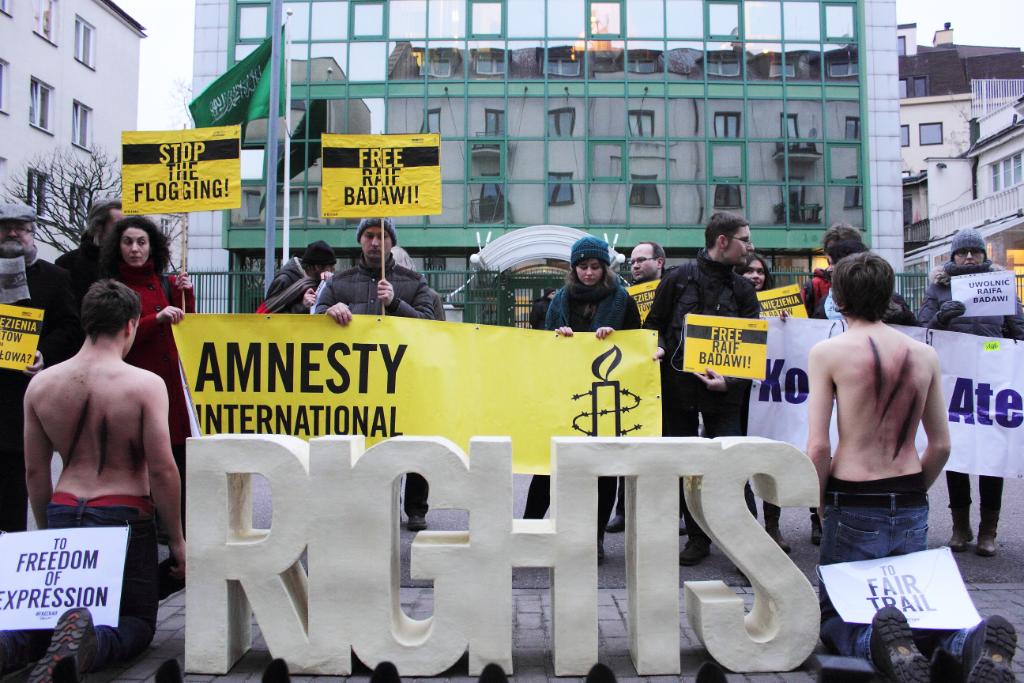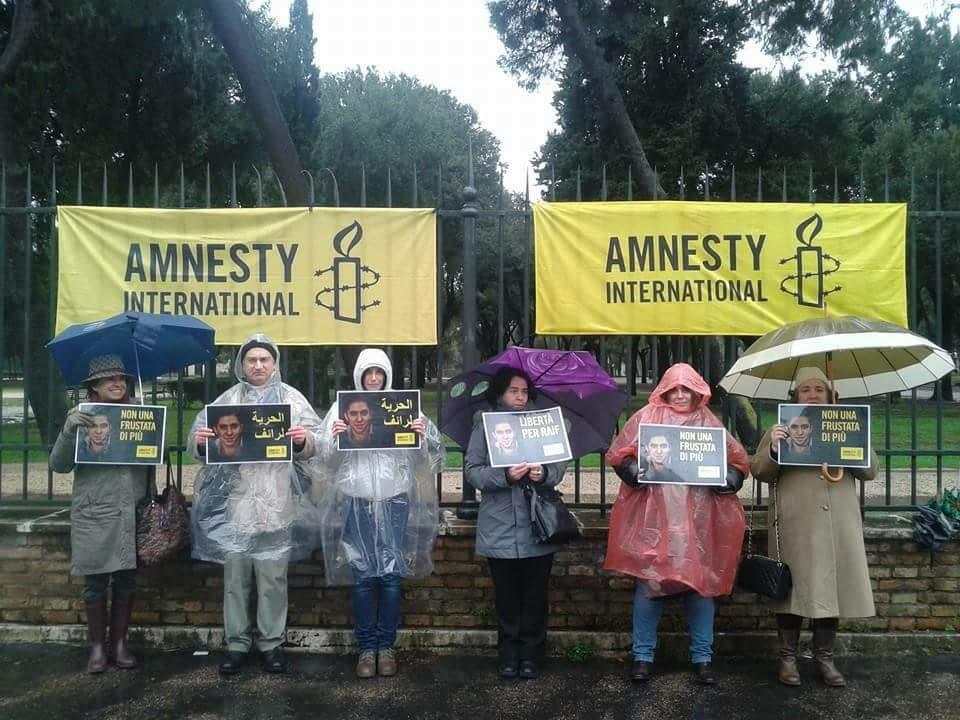The Guardian has an excellent long and sympathetic essay on Avijit Roy, by Oliver Laughland in New York and Saad Hammadi in Dhaka.
His friends told him it was too dangerous to go to Bangladesh, but he wanted to visit his mother.
Roy’s death led secular activists to take to the streets in Dhaka to demand justice and to refocus international attention on freedom of speech in Bangladesh. As violence and political tensions in the country re-emerged after a year of relative calm, the murder has exacerbated existing rifts between the country’s secular incumbents the Awami League and its rightwing opposition, the Bangladesh Nationalist Party and Jamaat-e-Islami, its Islamist ally.
“I think we lost not just a person, but an institute. He was a movement,” said Jahed Ahmed – a New York based co-founder of Mukto-Mona. “He created an online renaissance.”
He had a source of inspiration himself.
It was a family trip to the small town of Shantiniketon in West Bengal that first inspired Roy to write. The east Indian town was where the humanist author and philosopher Rabindranath Tagore, the so-called “father of the Bengal Renaissance” had penned many of his most important works at the turn of the 20th century. The visit had a profound impact on the young man in his third year of an engineering undergraduate degree.
“It helped him come out of the mechanical attitude engineering students develop,” Ajoy Roy, Avijit’s grief-stricken 80-year-old father told the Guardian in Dhaka. “As he came closer to nature and Tagore’s peaceful and spiritual establishment, they instilled a literary mindset within him.”
“I encouraged him to write … about world identity, keeping Rabindranath’s views on background,” said Roy – himself a noted physicist and human rights campaigner.
Martha Nussbaum is a big admirer of Tagore’s, too.
But it was the internet that would allow Avijit’s talent to flourish. In 2000, while studying for a PhD in software engineering in Singapore, Roy would spend hours in Bengali expat forums, discussing (among others) the prose of the secular humanist poet and philosopher Taslima Nasrin, exiled from Bangladesh in 1994 and the works of prominent American atheist philosopher Paul Kurtz.
It sounds so familiar.
The death threats started around 2010 but, friends recall, were really only taken seriously after the murder of Ahmed Rajib Haider, a Dhaka-based atheist blogger murdered in a strikingly similar attack to Avijit’s in February 2013.
Haider, who had contributed to Mukto-Mona under a pseudonym, was dragged from his home and hacked to death by a gang of machete-wielding assailants in February 2013. His brutal murder happened as tens of thousands of people took to the streets demanding the death penalty for prominent Islamists who had recently been convicted of war crimes committed in the country’s Liberation war of the early 1970s.
“Avijit took the threats seriously [then],” Farid Ahmed recalled, “[But he said] we know that nothing comes easily. If we have to give blood, we have to give blood.”
It was around the time of Haider’s death that Roy first contacted Michael De Dora, director of public policy at the Washington-based Center for Inquiry, a global secularist NGO. The pair would frequently talk about the increasing death threats he had been receiving, particularly from Farabi Shafiur Rahman, an extremist blogger and member of the banned pan-Islamist outfit Hizb ut-Tahrir, who this week was arrested in connection with Roy’s death after posting death threats to Facebook before the attack.
A revealing March 2014 email exchange between De Dora and Roy, shared with the Guardian, shows that Roy appeared more concerned that the threats had resulted in his books being taken off the shelves than any fear for his life. Roy wrote:
I am astounded to see that no legal action has been taken against this maniac. Instead, Rokomari [an online bookstore that received death threats for selling Roy’s work] decided to withdraw my books from its store. This incident proves that even Facebook threats from figures as minor as Farabi work effectively in Bangladesh.
The bad people win, often.
(This is a syndicated post. Read the original at FreeThoughtBlogs.)

